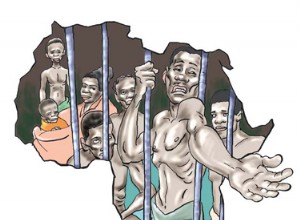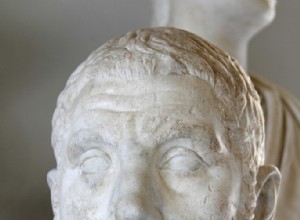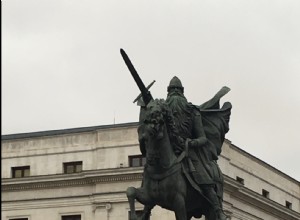Lets take a look at the life of Pompey, who is really horribly strong! Representative of the Sulla faction Pompey was not born of a prestigious aristocrat, but from the emerging wealthy Equites class, whose father owns a large land near Rome, Praetor (legal officer) and Rome the very best Consul




